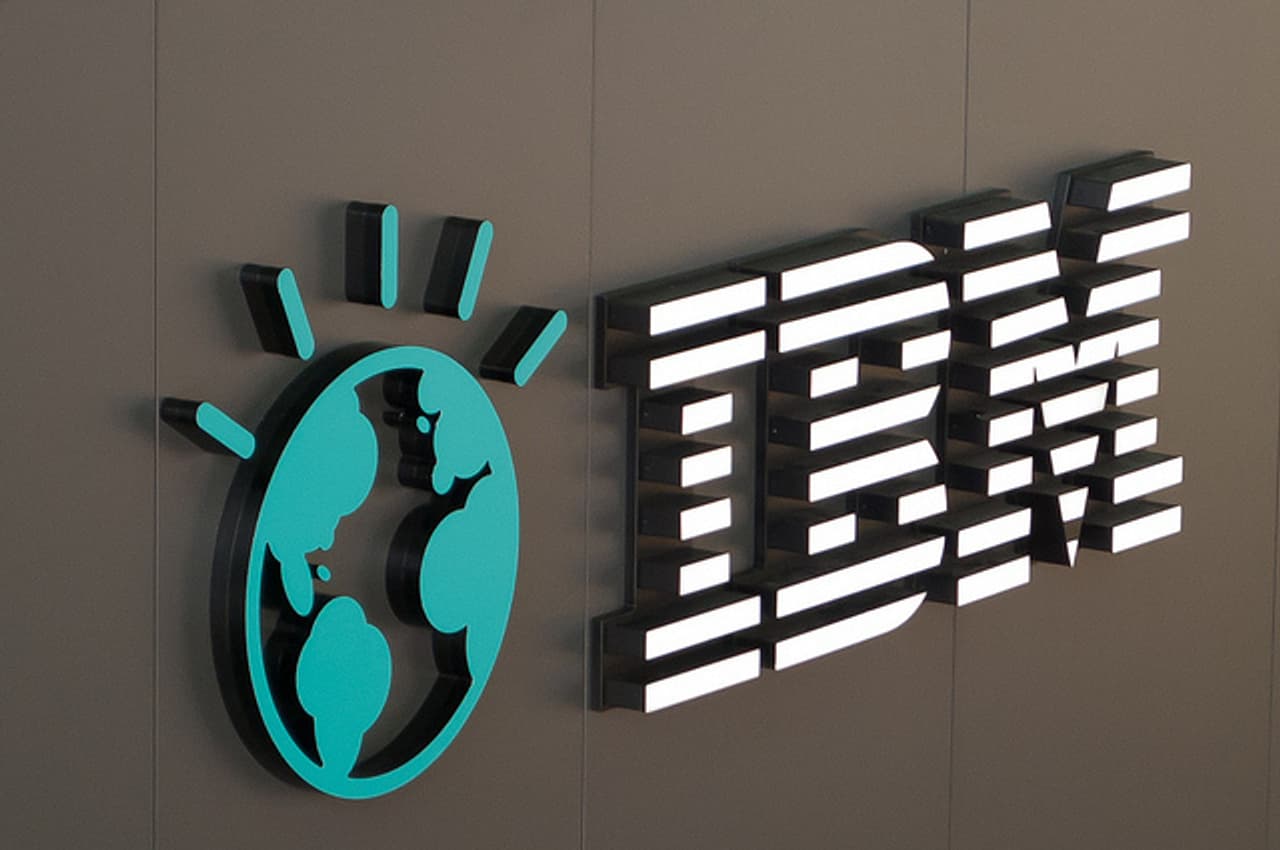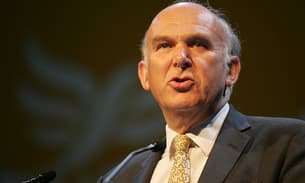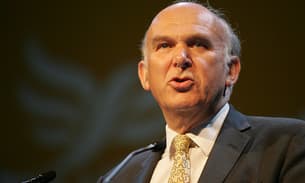
Multinationals cash in on EU funds
At €20m, the European structural funding that IBM has been granted for a technology service delivery centre in the Polish city of Wroclaw, represents just a fraction of the company’s $96bn (€68.7bn) turnover last year.
The company applied for funding to create jobs in a shared service centre providing information technology services and global process services in Wroclaw, where it plans to invest about 605m zlotys ($198m), according to data provided by the government body that administers the European structural funds involved. IBM is not the only multinational company to have gained subsidies through the European Union’s structural funds programme.
A database of beneficiaries the EU’s flagship regional development programme compiled by the Financial Times and the Bureau of Investigative Journalism, which were compiled from public records show EU funding allocations have been made to corporations such as Fiat, Coca-Cola, McDonald’s, and pharmaceutical company GlaxoSmithKline.
Structural funds are particularly directed at small and medium companies, which provide the backbone of many economies in the 27-nation bloc. But multinationals are also eligible for funding and officials say the structural funds programme help the bloc compete in a global marketplace where companies are often courted by countries eager for their investment. “There is a global contest,” says Johannes Hahn, the EU commissioner for regional development. “If we don’t participate in this contest all the production sites will go out of Europe. So we have to find ways to keep them in Europe.”
Whether that funding should come in the form of loans rather than grants as at present, is open to debate, he says. But the goal is trying to avoid “a de-industrialisation of Europe”.
Academic research on whether subsidies influence decisions by multinationals on where to invest tends to say subsidies play a role but are rarely the only determining factor.
Coca-Cola received Ft500,000 ($2,342) to help “develop a water bottling site in Hungary”, while American Express Bank obtained €62 of European Social Fund money “to support qualification activities of a female employee.
IBM declined to comment about its receipt of EU funds for the Polish project as it was still under way. “It would be inappropriate to comment on structural funds in this case where no award has been completed,” the company says. But it says decisions on where to locate operations depend on several factors, including “skills profiles, training opportunities, infrastructure and local commercial and government support”.
The priorities for the current structural fund phase include helping to fund research and development as well as innovation and many multinationals applying for EU funding use that avenue. Fiat applied for about €25m through the EU’s innovation programme in Poland through its subsidiary Fiat Powertrain Technologies.
The company is planning to use the funds – which it has not yet received – for a new type of engine, dubbed by the company as “the world’s greenest engine”. In response to an FT request for comment, Fiat said the grant was being used to help develop the new twin cylinder engine being installed on its compact Fiat 500 model.
But companies have also been allocated small grants. Coca-Cola received Ft500,000 ($2,342) to help “develop a water bottling site in Hungary”, while American Express Bank obtained €62 of European Social Fund money “to support qualification activities of a female employee”, according to data from the Austrian public employment service.
Poland, which at €67bn has won by far the largest allocation of structural funds in the EU, has invested heavily in using the funds to woo multinationals. A colourful brochure from the ministry for regional development touts the country as a location with “vast opportunities for foreign investors”, and a place where “support from the European Union means profits for business”.
“EU money is very correctly spent in Poland and has very positive effects. It allows a business to build up long-term competitive advantage, which helps makes the Polish and European economy more innovative,” says Waldemar Slugocki, deputy minister of regional development.
“From the point of view of the EU, every €1 invested in Poland means a return to the 15 “old” EU members of 46 cents in the form of additional orders for goods or services.”
But the policy of using the funds to subsidise multinationals is not without its critics.
“These subsidies are one-off payments,” says Markus Pieper, a German MEP, who sits on the European Parliament’s Committee on Regional Development. “You can’t keep companies that way.”




